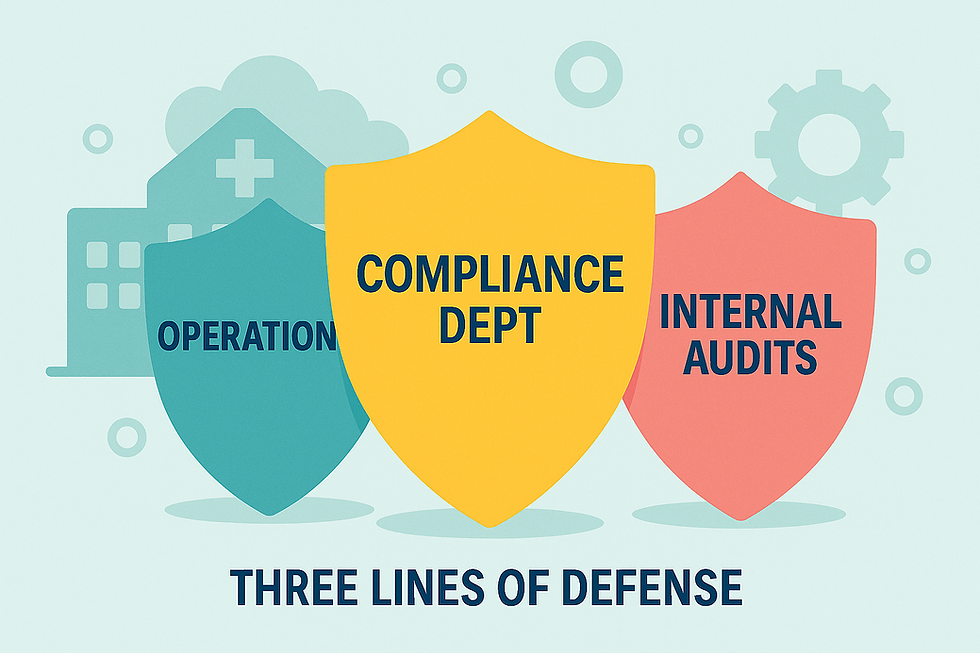Navigating Online Tracking Technologies and HIPAA: Updated Guidance from OCR
- Jessica Zeff

- Apr 3, 2024
- 2 min read
Online tracking technologies refer to scripts or codes on websites or mobile applications used to gather information about how users interact with digital platforms. This data collection is analyzed to gain insights into users' online activities, potentially enhancing user experience or resource allocation based on these insights. However, concerns arise when such tracking involves unauthorized disclosures of Protected Health Information (PHI), leading to potential privacy violations under HIPAA rules.
HIPAA Rules and Tracking Technologies: A Detailed Overview
The OCR's guidance specifies that when information collected via tracking technologies or disclosed to vendors includes PHI, HIPAA rules are triggered. Impermissible disclosures of PHI to tracking technology vendors for purposes like marketing without individuals' HIPAA-compliant authorizations constitute violations. Such disclosures can lead to identity theft, discrimination, or other serious consequences for the individuals involved.
Applications of Tracking Technologies: What Regulated Entities Must Know:
User-Authenticated Webpages: These are pages requiring login credentials, like patient portals. Tracking technologies here can access a wide range of PHI, necessitating stringent compliance with HIPAA rules, including ensuring appropriate configurations to prevent impermissible uses or disclosures of PHI.
Unauthenticated Webpages: Pages accessible without login credentials, such as informational websites about healthcare providers. While many do not involve PHI disclosure, in some instances, tracking technologies may access PHI, thus falling under HIPAA jurisdiction. Regulated entities must ensure disclosures to vendors comply with HIPAA Privacy Rule permissions.
Mobile Applications: Apps offered by covered entities to manage health information or billing details collect various data types. This data collection generally involves PHI.
Compliance Obligations: Ensuring HIPAA Adherence
Covered entities are obligated to ensure all disclosures of PHI to tracking technology vendors are explicitly permitted by the HIPAA Privacy Rule. Additionally, Business Associate Agreements (BAAs) must be in place with vendors if they create, receive, maintain, or transmit PHI on behalf of a covered entity.
Balancing Innovation and Privacy
While tracking tools can offer significant benefits in understanding and enhancing user interactions with digital health platforms, they also pose risks to patient privacy and data security. Adhering to HIPAA regulations ensures that entities can harness the power of data analytics responsibly, maintaining trust and protecting the sensitive health information of individuals.




Comments